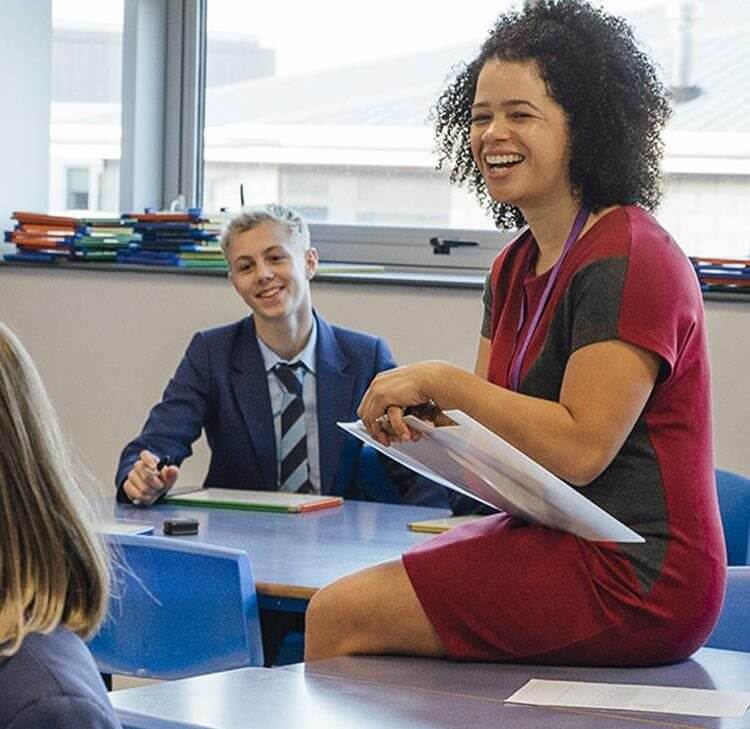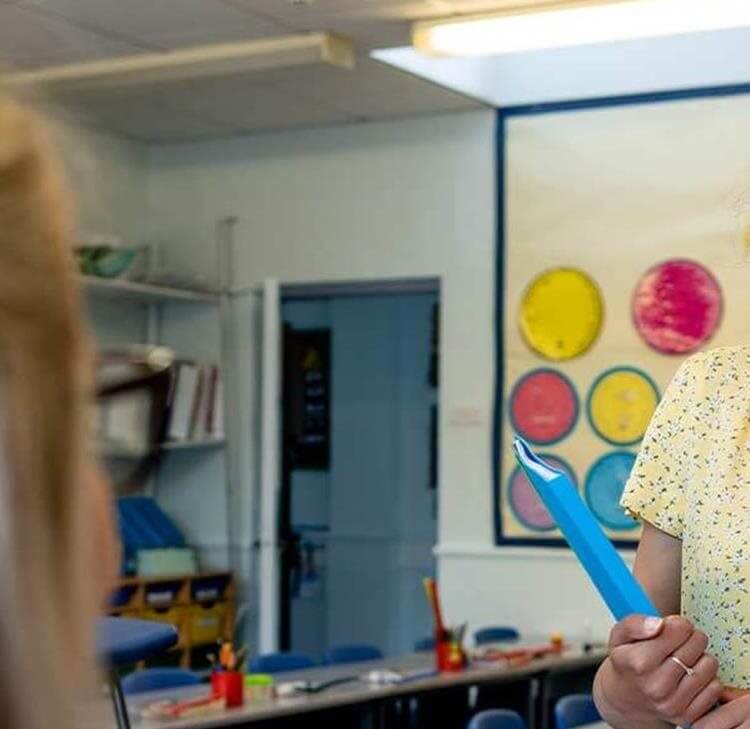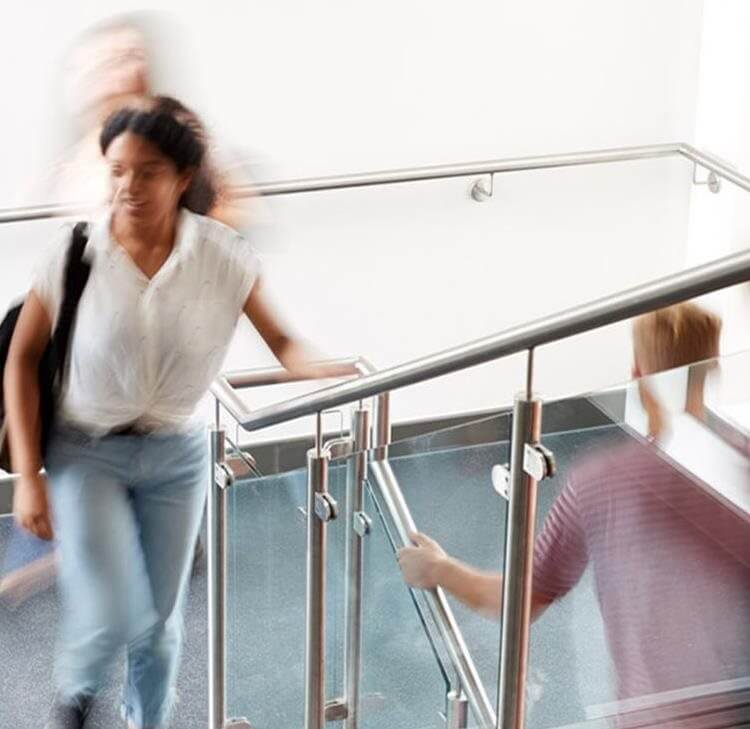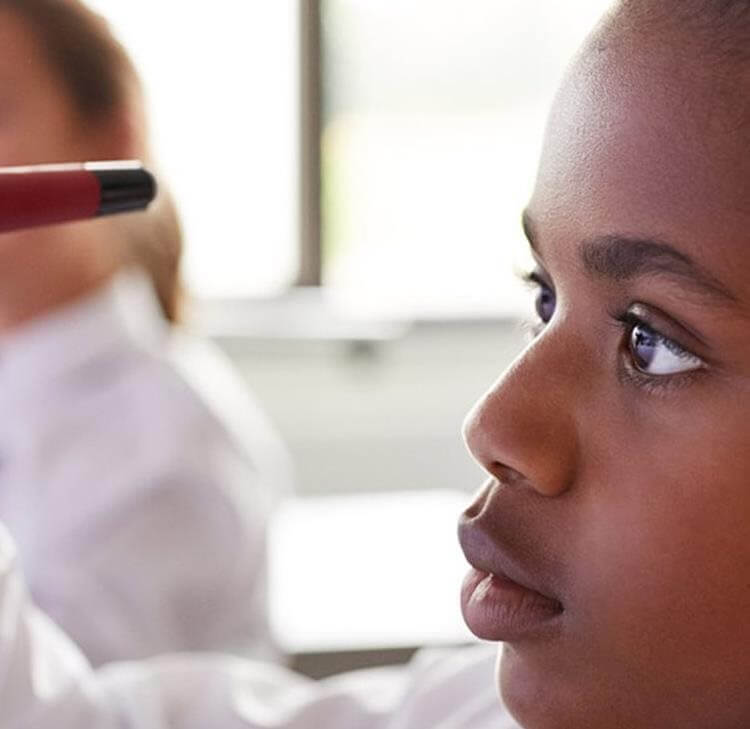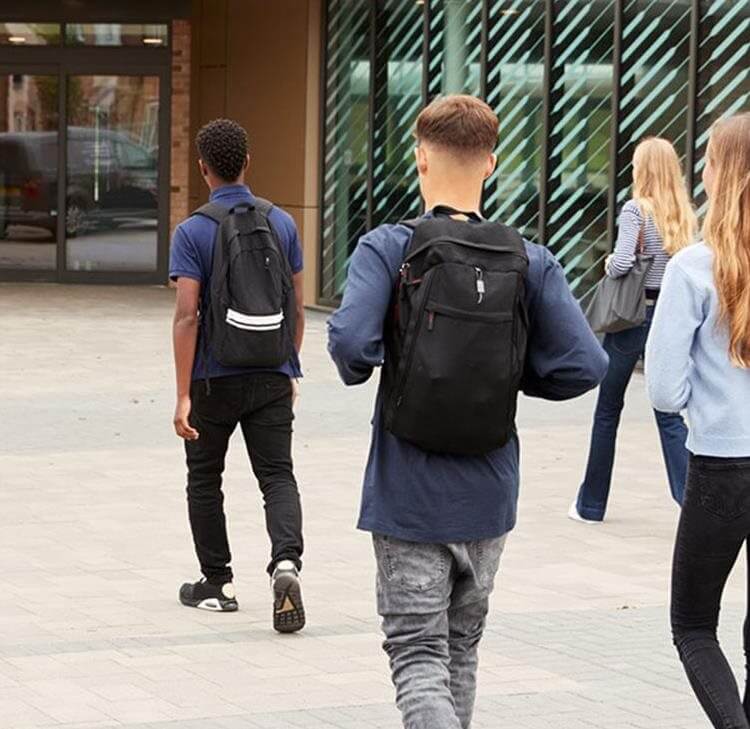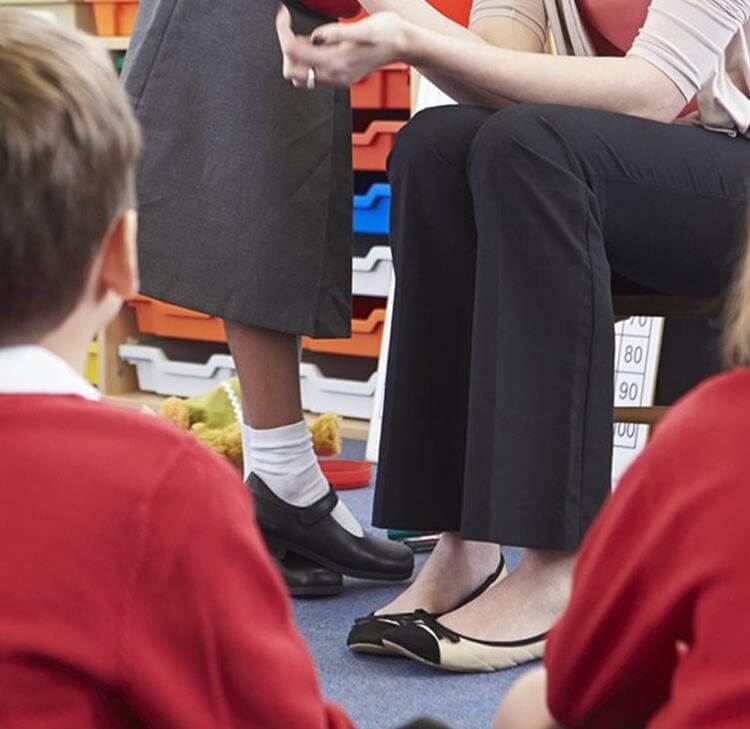The DfE publishes exclusion and suspension statistics each term and just before schools closed for the summer, the latest data was released.
The first thing to note is that at the point of release, the data is already a year old, given it relates to the 22/23 academic year. During that year, both suspensions and exclusions hit their highest number on record.
Secondary school suspensions rise 38%
Suspensions increased 36% to a total of 787,000, with the increase most pronounced in secondary schools, rising 38%, with lower rates for special and primary schools. Suspensions were also highest in the summer term, a marked difference from previous years when the highest number is in the autumn term.
Based on our own anecdotal experience this last academic year, the increase in the summer term is likely to have continued into the autumn term 2023. As well as the number of suspensions issued increasing, the number of individual pupils who had been suspended during that year also increased 20%.
Primary school exclusions rise 58%
There was a similar picture for permanent exclusions, with the numbers increasing in 22/23 by 44% from 21/22. The increase here was largest in primary schools - a rise of 58% from the previous year, albeit secondary schools had by far the largest number of exclusions at 86% of the total.
Persistent disruptive behaviour remains the most common reason for a pupil to be excluded, followed by physical assaults against pupils or staff.
When looking at pupil characteristics, the rates of both suspensions and exclusions for pupils with SEN, both with and without an EHCP, have notably increased in the last year, by 50% for permanent exclusions, another sign, if one was needed, that the SEND system is not working.
Challenging school exclusion decisions
The DfE also produces data on Independent Review Panel (IRP) decisions, where parents are challenging exclusion decisions. The number of IRPs increased 40% but the number of exclusions being upheld by IRPs was only 0.6% different to the previous year at 58.9%.
That did however mean that over 40% of IRP decisions either recommend reconsideration by the governing board or quashed the governing board’s decision. At the same time, there has been a marked increase in the number of disability discrimination claims registered in 22/23 at the First Tier Tribunal, with a large 70% increase in one year.
As IRPs are made up of lay panels, there can be a significant variation in their approach and interpretation on key elements of the exclusion’s statutory guidance and Regulations. For this reason, it’s important for schools to seek advice where they are taking decisions on suspensions and exclusions, especially where there can be complicating factors such as a relevant disability.
Available support for school exclusions
We offer an exclusion support pack for schools, that contains all the model documents schools need to ensure suspension and exclusion decisions are made in accordance with the legal requirements.
What’s to come for school exclusions?
Looking forward, the rates of suspensions and exclusions may make the DfE look at the exclusion process itself, with the new Parliamentary Under-Secretary of State, Stephen Morgan, on record as saying he would look at a greater role for local authorities in the exclusion process. If any changes are proposed, we will of course provide updates on it.
Contact

Philip Wood
Principal Associate
philip.wood@brownejacobson.com
+44 (0)330 045 2274













